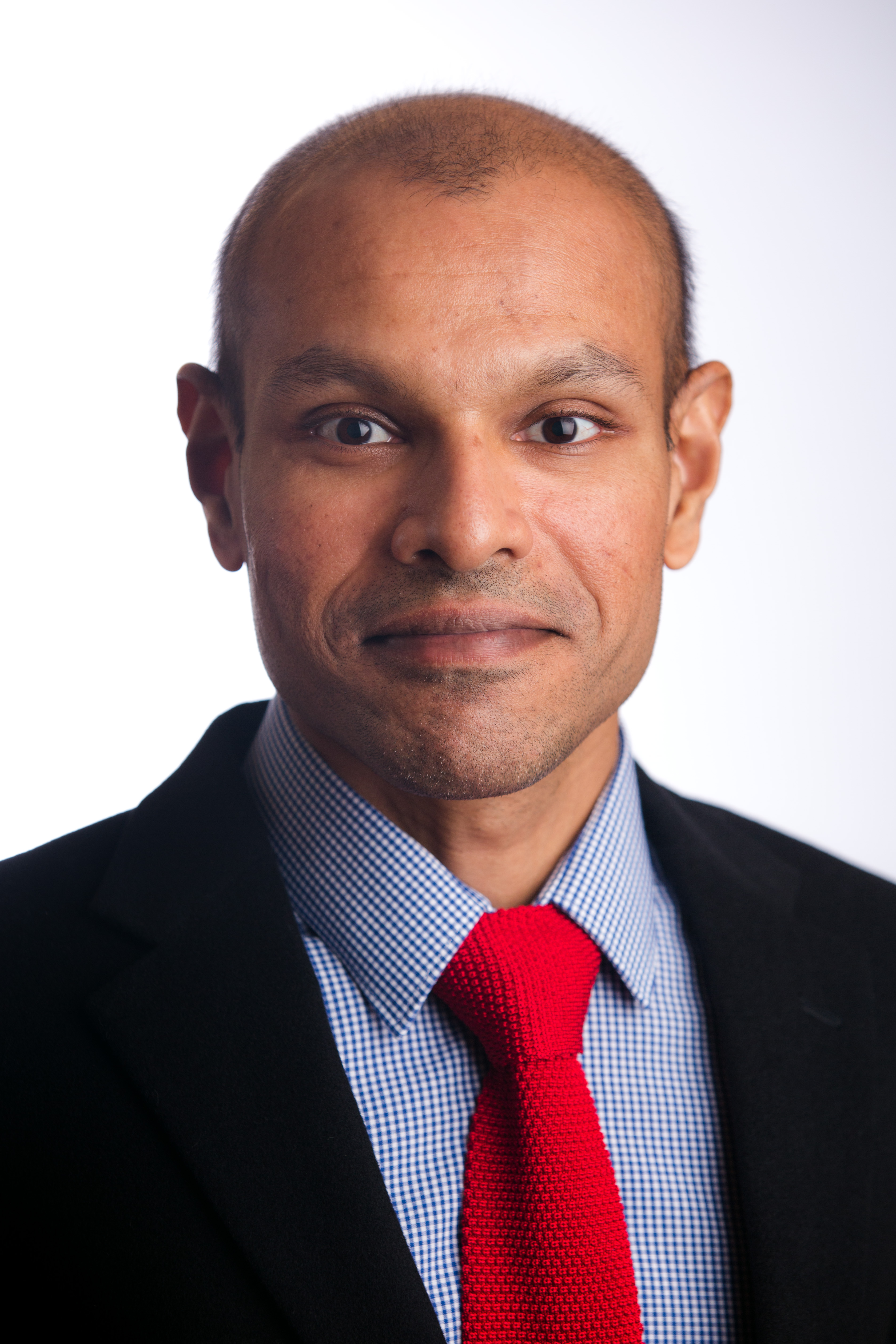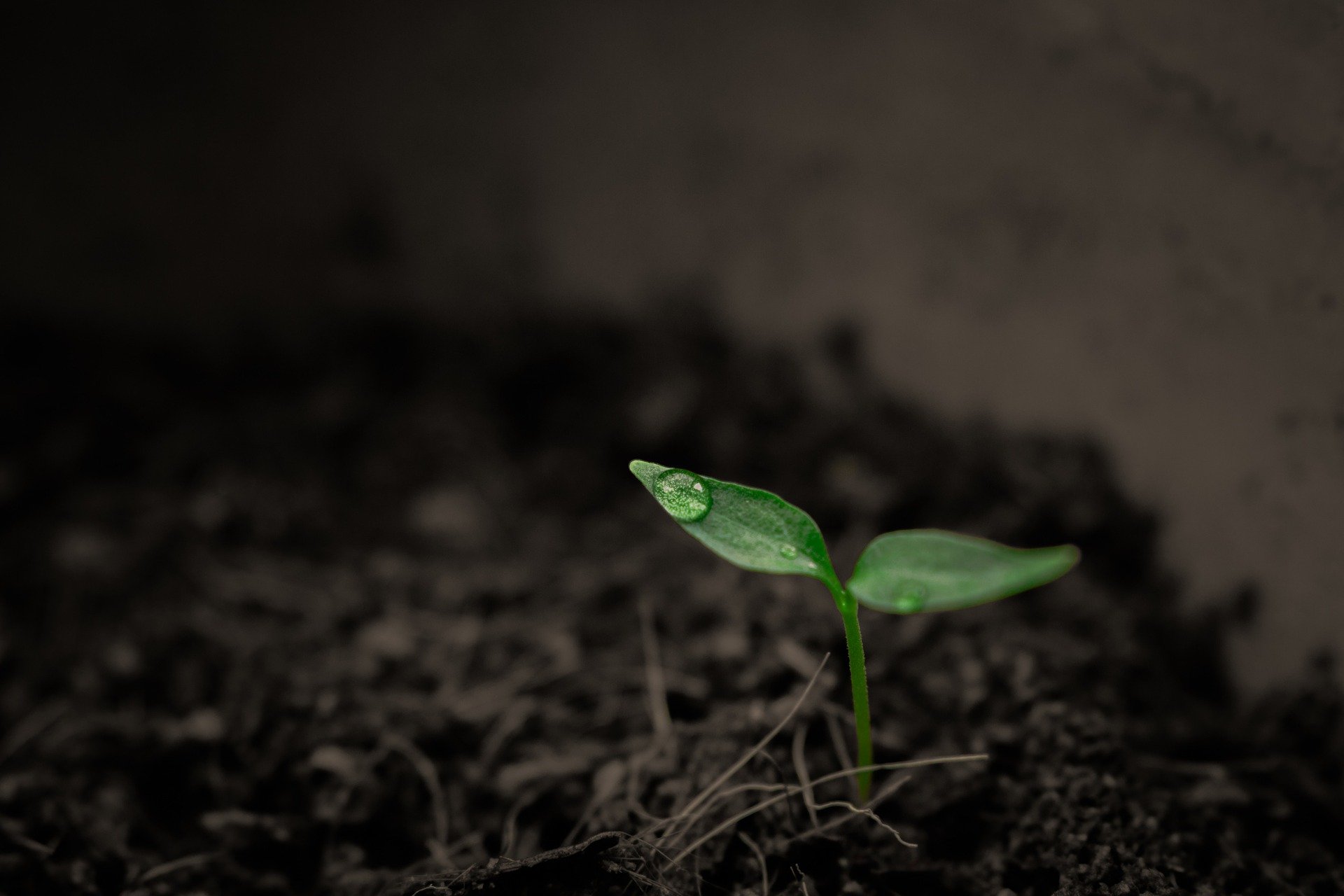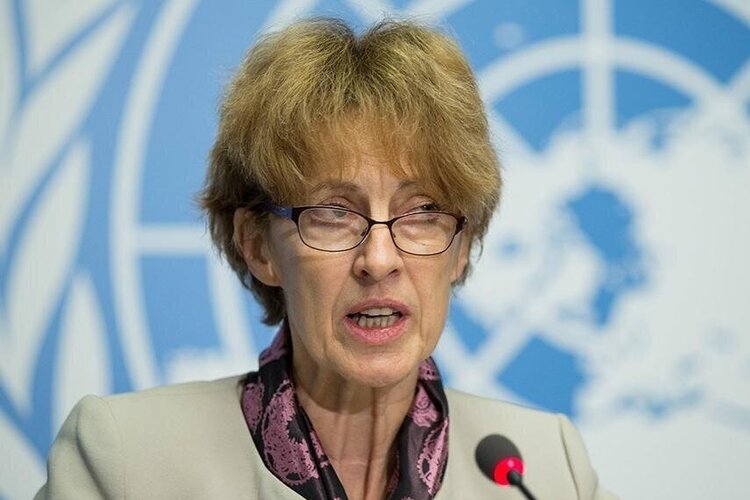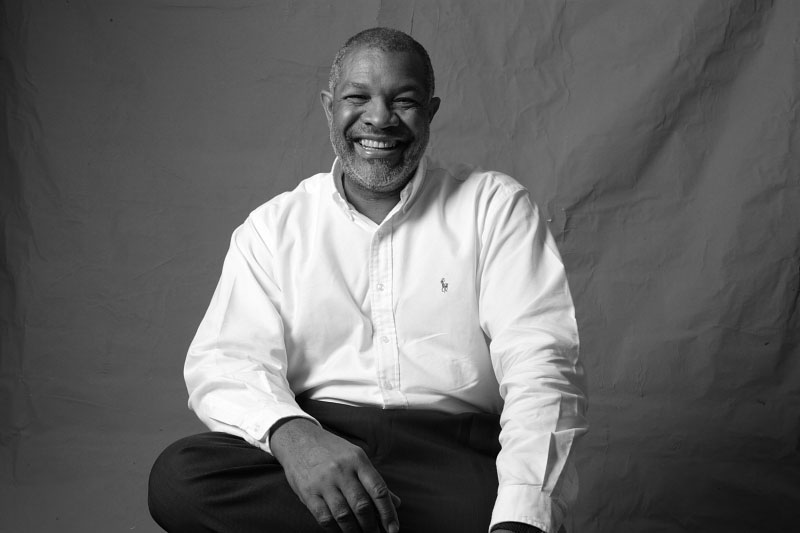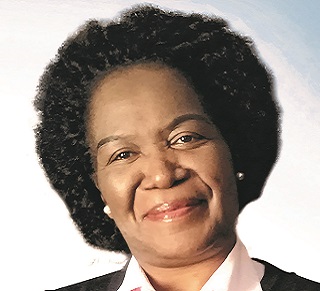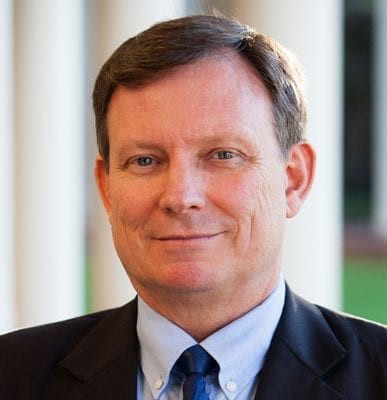About This Course
A diverse and fully functioning ecosystem provides nutrients, energy, water cycling and allows the soil to express its full potential to sustain humans, animals, and the environment. Healthy soil absorbs and provides safe and available water which is fundamental to life and is cross cutting all social, economic, and environmental realities. Water security is increasingly being challenged through unsustainable human - water management strategies which compromises its availability, accessibility, and safety. Industrial effluents, large-scale farming, injudicious land use, anthropogenic environmental changes and growing demands have adverse effects on the the supply and quality of water with compromised outcomes to health.
From small islands to large countries, efforts to promote sustainable water resource management is a priority for the socio-economic and health of communities. Interventions to ensure sustainability of water use, build climate resilience and strengthen integrated management is the focus of this course. Issues, experiences, interventions, and benefits of sustainable community interventions towards water security and safety will be shared through examples and experiences from communities around the world.
St. George's University in cooperation with UK Researhc and Innovation (UKRI), and the Global Challenges Research Fund (GCRF) and its Health, Polluted Water and Soils Network in Jamaica, Grenada, Kenya and Scotland will offer a Free Open Access Online Course entitled: Water, Soil and Health: Sustainable Community Interventions. The course is aimed to support the exchange of knowledge, experience, ideas, and capacity building to develop community-based solutions on how to achieve the triple health and environment co-benefits of access to clean water, a basic human right, healthy and productive soils and delivery of safe and nutritious foods.
The course Water, Soil and Health: Sustainable Community Interventions will be presented over a 4-week period. Each GCRF network partner country will contribute a module for 4 consecutive weeks focusing on the following four modules:
- Mangroves and Human Health - Jamaica
- Biological Wastewater: A Renewable Resource - Grenada
- Agrochemicals and Pollution - Kenya
- Industry Research and Innovation - Scotland
Participants can expect for each module: recorded presentations, live and interactive seminar, reading resources, discussion forum and quiz. Anyone from around the world can enroll and participate in the course for a public audience with the opportunity to receive certificate of completion as well as continuing education credit.
Course Staff
Satesh Bidaisee
Course Instructor, Grenada
Satesh Bidaisee is a Professor of Public Health and Preventive Medicine and Assistant Dean for Graduate Studies at St. George’s University, Grenada. Satesh is a graduate of the University of the West Indies, St. George’s University, and the University of Sheffield.
Read more about Satesh
Satesh is board certified by the United States National Board of Public Health Examiners, and holds Fellowships to the Royal Society of Biology, Royal Society of Public Health, Royal Society of Tropical Medicine and Hygiene and Windward Islands Research and Education Foundation. Satesh supports One Health One Medicine through his education of medical and graduate students, research on zoonotic and food borne diseases and service to international one health organizations. Satesh also engages One Health One Medicine by writing and, believe it or not, singing about it!
Jacqueline McGlade
Prinicpal Investigator, Course Team, Kenya
Professor Jacqueline McGlade is a Professor of Resilience and Sustainable Development at UCL’s Institute for Global Prosperity and Faculty of Engineering and Professor of Public Policy and Governance at Strathmore University Business School.
Read more about Jaqueline
A distinguished and respected scientist she has served as Chief Scientist at the UN’s Environment Programme in Nairobi from 2014-2017 and the Executive Director of the European Environment Agency between 2003 and 2013.
Stuart Gibb
Co-Investigator, Course Team, Scotland
Stuart grew up in the Aberdeenshire farming community, and studied first in Aberdeen, and then at the University of East Anglia. Prior to joining the UHI, he worked with the Plymouth Marine Laboratory, University of East Anglia and with the British Antarctic Survey, including participation in national and international research programmes in Antarctica, the Indian and Atlantic Oceans, and the Mediterranean and Northern Seas.
Read more about Stuart
Stuart joined the North Highland College (NHC) to establish the Environmental Research Institute (ERI) in Thurso: a centre which now employs around forty staff and research students. Here he is committed to developing research & knowledge exchange; learning & teaching; enterprise and outreach around contemporary environmental issues focused on the priorities of ‘Renewable Energy and the Environment’; ‘Carbon water and Climate’, and ‘Environmental Contamination and Ecological Health’.
Terrance Forrester
Course Team, Jamaica
Professor Forrester’s interest has been man’s biological adaptation. In particular he has been pursuing discovery research to understand how man adapts to nutritional stress and the costs and consequences of such adaptation to the risk of obesity, hypertension and insulin resistance. Since 1999, Professor Forrester has received at least 14 research grants from various funding agencies to assist with his work to better understand the underlying basis of hypertension and insulin resistance.
Read more about Terrance
The three areas of work with which he has been involved are intermediary metabolism in children with severe malnutrition, hypertension research, and research into the developmental origins of health and disease. In 2006, Professor Terrence Forrester was the recipient of the prestigious Anthony N Sabga Caribbean Awards for Excellence (ANSCAFE), one of the region’s leading recognition programmes, for his work. That same year the inaugural Caribbean Laureate also earned the Boehrigher Ingleheim Award for Hypertension Research in Developing Countries. Three years prior, he was also the winner of the Vice Chancellor’s Award for Excellence in Research at UWI. Professor Forrester (BSc, MSc, PhD, DM) unified four research units across three UWI campuses when he spearheaded the formation of the Tropical Medical Research Institute, which merged the Tropical Metabolism Research Unit, the Sickle Cell Research Unit and the Epidemiology Research Unit at UWI Mona, and the Chronic Disease Research Unit in Barbados.
Lindonne Glasgow
Course Team, Grenada
Dr. Lindonne Glasgow is an Assistant Professor and the Deputy Chair in the Department of Public Health and Preventive Medicine at St. George’s University (SGU) in Grenada. She is from Grenada, and for over 10 years, worked with public and private organizations in Grenada and, later, in several Caribbean countries to undertake projects funded by regional and international organizations including the Caribbean Development Bank, the International Fund for Agriculture Development and Canada's Department of Foreign Affairs, Trade and Development.
Read more about Lindonne
At SGU, her activities are primarily centered on environmental health and global health. Some of her recent major projects focused on pesticide use and health risks in the Caribbean, harvested rainwater quality monitoring, antibiotic stewardship in food animal production and human health, and climate change and ecosystems. Currently, she is leading the development of the wastewater recycling project in Grenada, in collaboration with the Global Challenges Research Fund-One Health, network. Dr. Glasgow is co-editor of the book, Public Health Themes in Grenada and the Caribbean Region. One of her most outstanding work was conducting the first study in Grenada to estimate the prevalence and burden of foodborne diseases for which she was awarded a Leaders Award from the International Conference on Emerging Infectious Disease, Centers for Disease Control and Prevention and the U.S. Department of Defense Armed Forces Health Surveillance Center in 2010. In 2018, she also conducted the first study in Grenada to investigate the relationships between the socioeconomic characteristics of farmers and the use of agrochemicals at levels that were found to be hazardous to human health in the Agriculture Health Study in the United States. Dr. Glasgow is a Windward Islands Research and Education Foundation (WINDREF) research fellow. Her research activities were supported by organizations such as the Pan American Health Organization, the German Development Bank & Caribbean Community Climate Change Center, Teasdale Corti Caribbean Eco-Health Program, the Government of Grenada, and the Windward Islands Research and Education Foundation at SGU.
Ratemo Waya Michieka
Course Team, Kenya
Professor Michieka is a member of staff at the University of Nairobi and has specialized in Agriculture (Weed Science) and Environmental Sciences. He went for a Postdoctoral training at the International Institute of Tropical Agriculture (IITA) prior to his appointment at the University of Nairobi as a lecturer in 1980. He later became the Founding Vice Chancellor of the Jomo Kenyatta University of Agriculture and Technology where he served for 13 years.
Read more about Ratemo
Prof Michieka was later appointed the Director General of the National Environment Management Authority, NEMA, where he articulated the dangers of environmental pollution and natural resources degradation. He was responsible for the production of Kenya’s first report on the State of our Environment. Professor Michieka has done extensive research in Weed Science, with special emphasis on appropriate management systems, water conservation and food security. His studies in the testing of herbicides assisted in the recommendations of various weed control methods to farmers in East Africa and beyond.
Rosemary Auma Okello-Orlale
Course Team, Kenya
Rosemary Okello-Orlale is a well-recognized communication, media and gender expert who finds interest in public policy, education, creating Africa narrative through Data storytelling and Improving Business and Finance Reporting through training and capability building. She has experience in gender, philanthropy, data journalism, governance, civic engagement and leadership skills.
Read more about Rosemary
Currently she is the Director of Africa Media Hub at Strathmore University Business School whose mission is to increase expert knowledge among the business and finance journalists in the coverage of critical issues related to the global economy and business using data visualization. She is also in the Advisory Board of the Strathmore Data Analytics Centre (SADAC)
Calum Macpherson,
Course Team, Grenada
Dr. Macpherson joined the University in 1993 as Professor of Parasitology and Director of Research in the School of Medicine and is now also Professor of Parasitology for the School of Veterinary Medicine. He serves on many internal and international committees.
Read more about Calum
In addition to his many roles at the University, Dr. Macpherson is the founding director and vice-president of the Windward Islands Research and Education Foundation (WINDREF). He has worked and lectured in over 50 countries in Africa, Asia, the Caribbean, and North and South America. Over the course of his career, he has supervised over 60 master’s degree and PhD students in Kenya, Tanzania, India, the UK, Nevis, and Grenada. Dr. Macpherson was born and raised in Kenya, and later Uganda. In 2014, he was appointed to the Research Advisory Board of the Caribbean Public Health Agency (CARPHA) and elected as a Global Football Ambassador by the Grenada Football Association.
